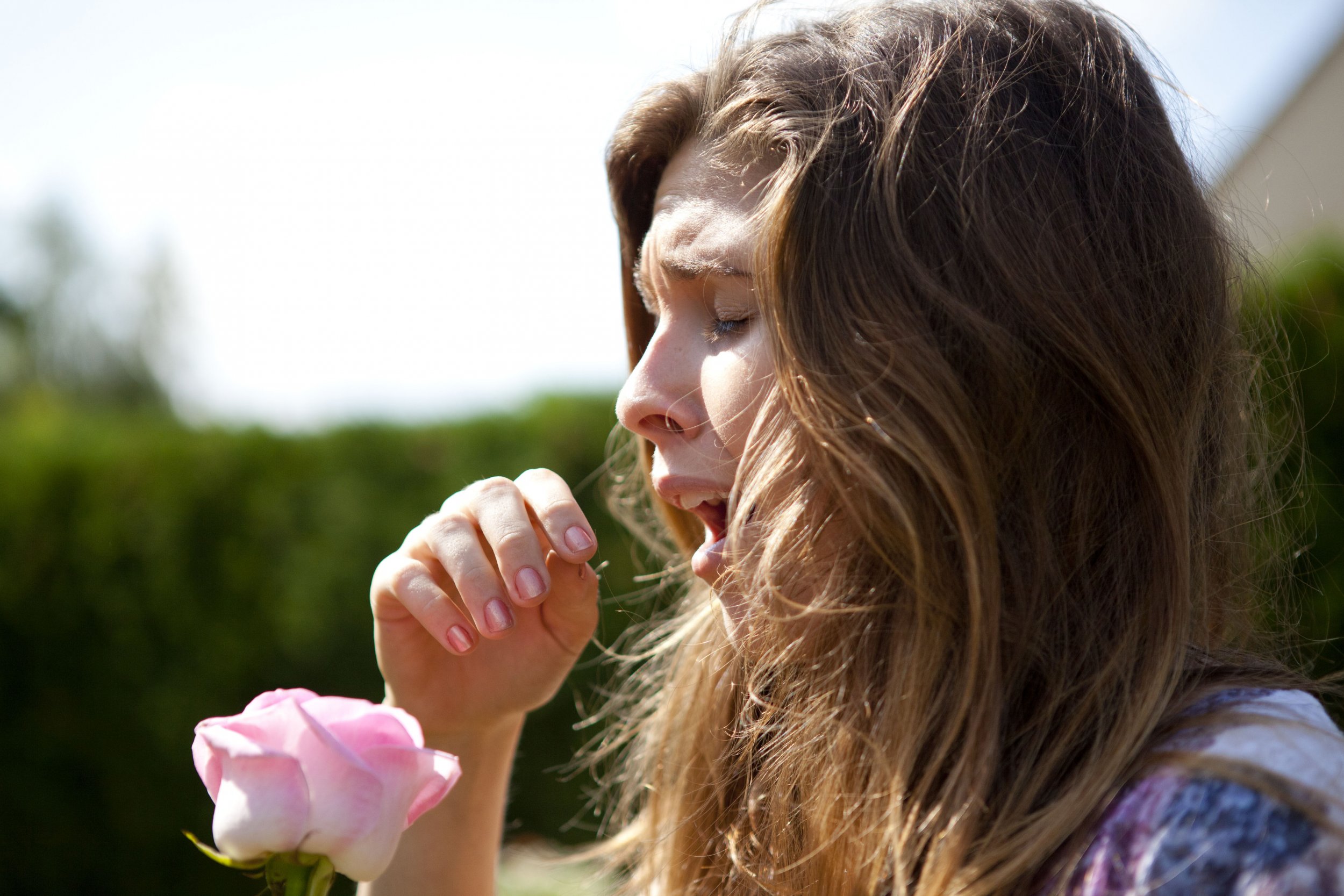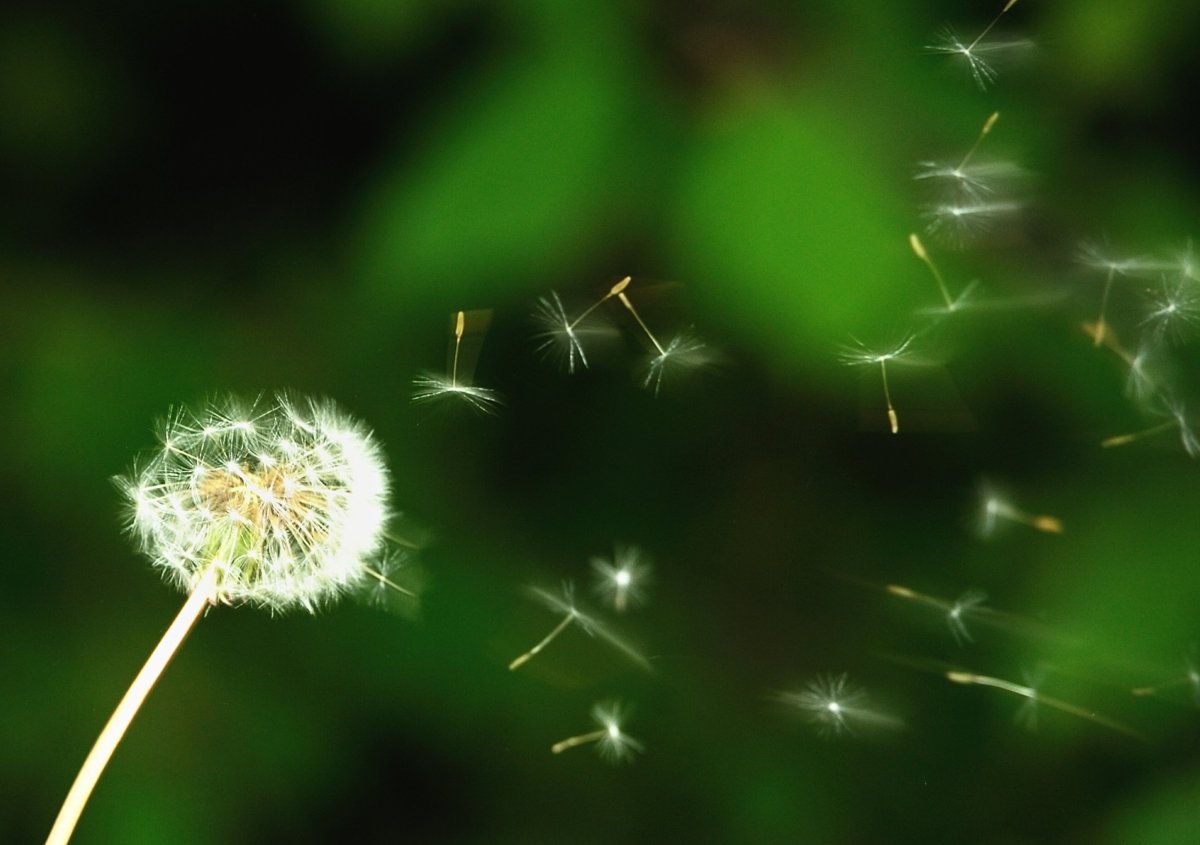
Warming temperatures and days with more sunlight are causing plenty of flowers and trees to bloom meaning allergy sufferers are already feeling the effects of the changing seasons. The Asthma and Allergy Foundation of America released its report last month on the worst cities for allergy sufferers and some familiar places are topping the list.
The AAFA's report examined pollen and mold counts, allergy medicine usage and availability of board-certified allergists, according to the AAFA. Those factors were all used to rank cities all across the United States in terms of how severe allergies in those cities would be for allergy sufferers.

Like last year, McAllen, Texas, topped the list of the worst place for allergies in 2019. The city has worse than average pollen, higher consumption of allergy medicine than average and less accessibility of board-certified allergists than average.
The AAFA also broke down the allergies by region. McAllen is the worst in the South while Toledo, Ohio, was the worst spot for allergies in the Midwest, Fresno, California was ranked bottom in the West, and Providence, Rhode Island, came in as worst in the Northeast. The full list of spring 2019 rankings can be found here.
Top 10 worst cities for spring seasonal allergies, according to the AAFA:
- McAllen, Texas
- Jackson, Mississippi
- Providence, Rhode Island
- Memphis, Tennessee
- Springfield, Massachusetts
- Louisville, Kentucky
- New Orleans, Louisiana
- Scranton, Pennsylvania
- Baton Rouge, Louisiana
- Richmond, Virginia
According to the Centers for Disease Control and Prevention, "Allergies are an overreaction of the immune system to substances that generally do not affect other individuals," Most seasonal spring allergies are caused by tree pollen as the trees bud and grow new leaves, according to the AAFA. Some of the most common trees producing allergy-aggravating pollen are birch, poplar, willow, aspen, beech and more.
"We typically see trees coming up in the spring and as that bloom finishes you often get grass in the summer and weeds in the fall," Dr. Anthony Del Signore, Director of Rhinology and Endoscopic Skull Base Surgery at Mount Sinai Union Square, told Newsweek. "That sort of drives symptoms for many patients," he said.
More than 50 million people in the United States suffer from allergies and hay fever, also called allergic rhinitis, according to the CDC. The most common types of allergic diseases are hay fever, asthma, hives, eczema, hives, dermatitis and conjunctivitis.
The best thing seasonal allergy sufferers can do to protect themselves from allergies is to avoid those allergens they know aggravate their systems, the CDC advises. This can include staying inside where the air is filtered or conditioned, washing off before bed to remove pollen, washing bedding and clothes well and using a dryer to dry them, keep windows closed and using allergy medicines.
"The biggest thing I tell patients is really just nasal hygiene," Dr. Del Signore said. He said a key to managing both daily and seasonal allergies is keeping the nasal cavity as clear as possible, something some patients are hesitant about at first.
"Once they start doing that on a daily basis it really does make a difference," Del Signore said. If that doesn't solve the allergies, there are always over the counter nasal sprays and medications, prescription medications and sprays if necessary and allergy testing, he said.
Uncommon Knowledge
Newsweek is committed to challenging conventional wisdom and finding connections in the search for common ground.
Newsweek is committed to challenging conventional wisdom and finding connections in the search for common ground.
About the writer
Nina was a breaking news reporter. She previously worked at Business Insider, The Boston Globe, and Boston.com.
To read how Newsweek uses AI as a newsroom tool, Click here.








